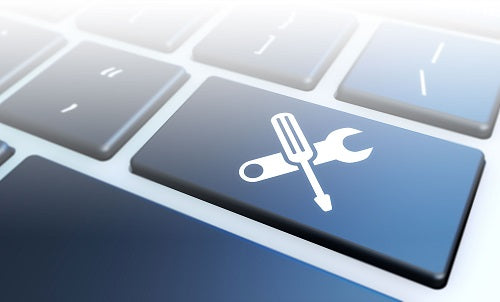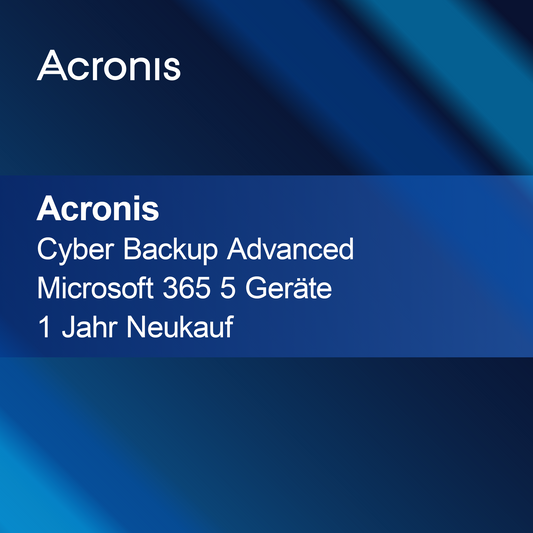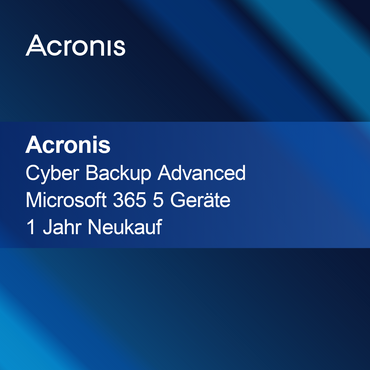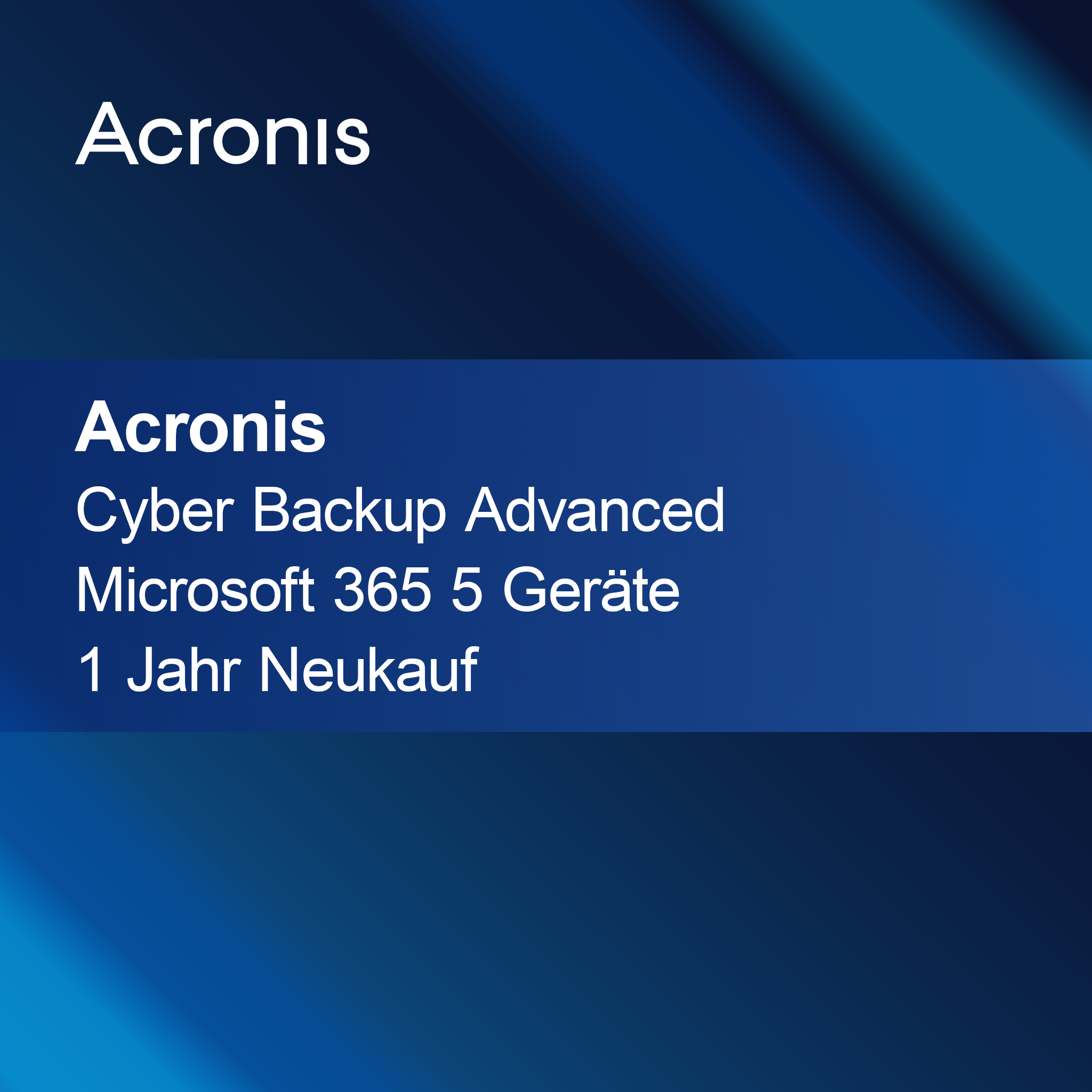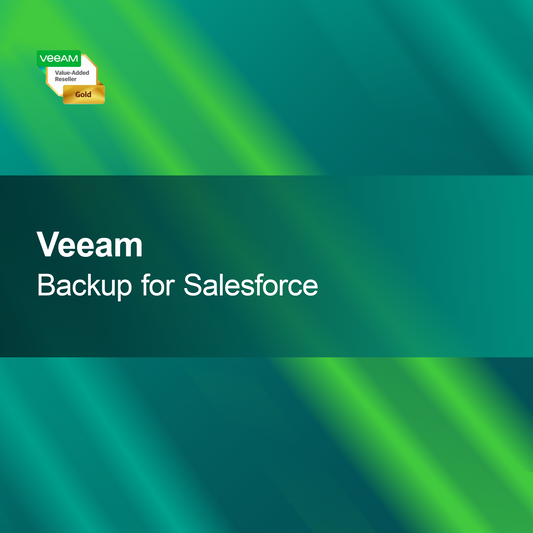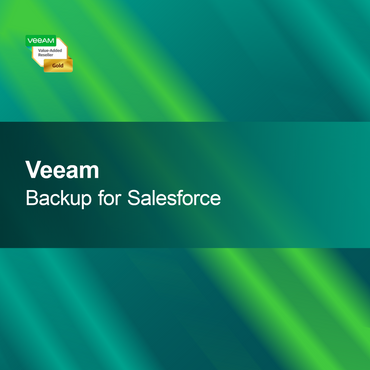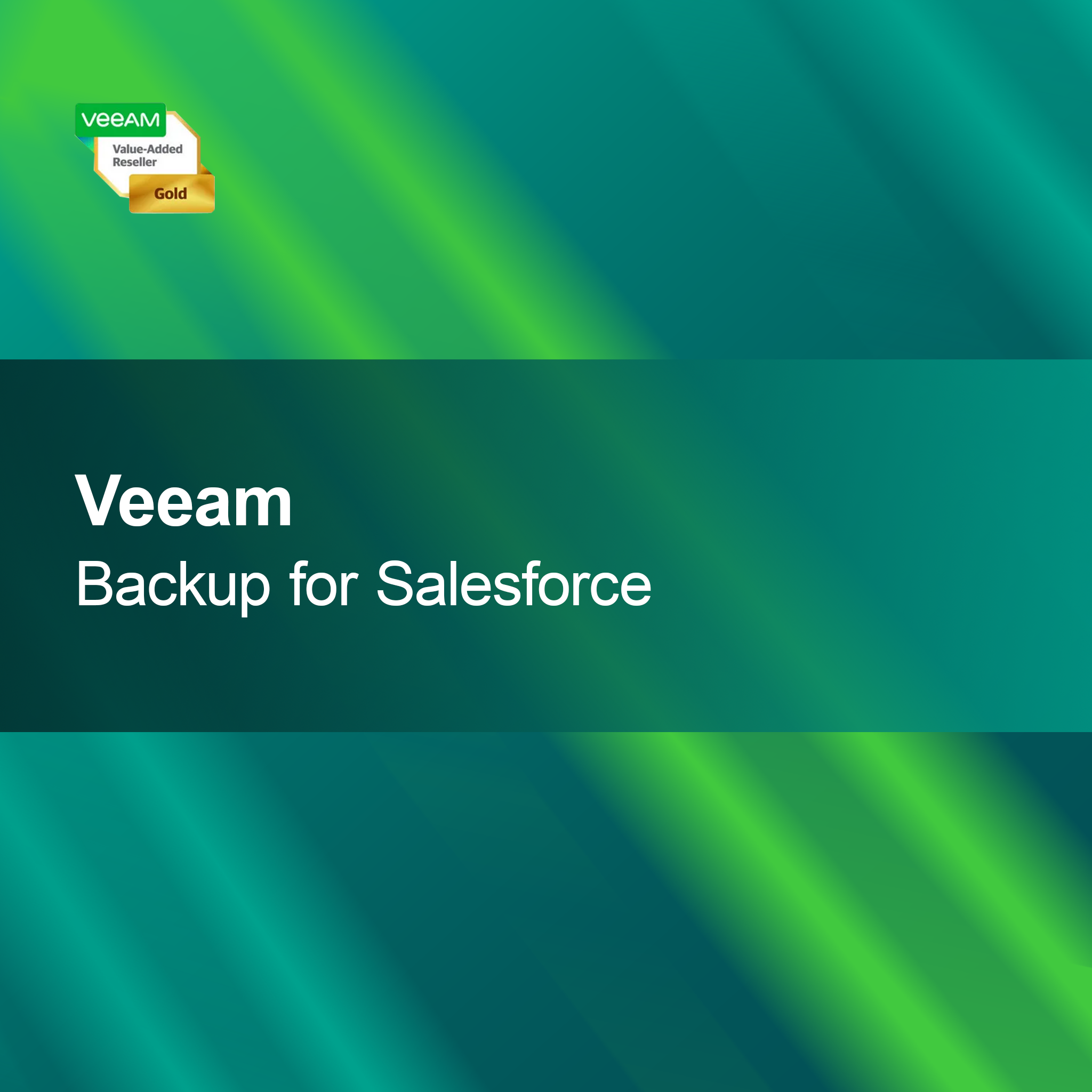No products found
Use fewer filters or remove all
Online Banking & Finances
How does online banking work and what are the advantages?
Online banking allows you to conveniently handle your banking transactions from home or on the go. You can check account balances, make transfers, and pay bills without having to visit a branch. The advantages lie in saving time and flexibility, as you can access your accounts around the clock. Additionally, many banks offer extra security measures to protect your data and ensure a secure banking experience.
What functions does online banking offer?
The functions of online banking are diverse and include, among other things, viewing account balances and transactions, making transfers, and setting up standing orders. Many banks also offer the option to manage credit card statements and create savings plans. In addition, you can often perform financial analyses to better monitor your expenses and optimize your finances.
How secure is online banking?
Security in online banking is a top priority for banks. Modern encryption technologies are usually used to protect your data. Additionally, as a user, you should take some security precautions, such as using strong passwords and enabling two-factor authentication. Make sure to access your online banking only through secure networks to minimize the risk of data misuse.
What do I need to use online banking?
To use online banking, you generally need a checking account with a bank that offers this service. Additionally, an internet-enabled device such as a computer, tablet, or smartphone is required. Most banks provide you with access data that you need for registration. It is important to keep this data secure and change it regularly to protect your accounts.
- Access to account balances and transactions in real time
- Easy execution of transfers and payments
- Management of standing orders and savings plans
How can I register for online banking?
Registration for online banking usually takes place via your bank's website. There you will find a registration area where you need to enter your account information. After registration, you usually receive a confirmation and your access data. It is advisable to follow your bank's instructions carefully to ensure the registration process runs smoothly.
What are the differences between online banking and traditional banking?
The main difference between online banking and traditional banking lies in how you access your banking services. While traditional banking requires personal contact at a branch, online banking allows flexible and time-independent use. Moreover, online banks often offer lower fees and better interest rates because they have lower operating costs. Nevertheless, personal contact can be advantageous in certain situations.
What technical requirements do I need to consider?
To use online banking, you should ensure that your device has a stable internet connection. An up-to-date web browser is also important to guarantee the security and functionality of the online banking platform. Additionally, you should regularly perform software updates to close security gaps. Make sure your device is equipped with current antivirus protection to safeguard your data.
